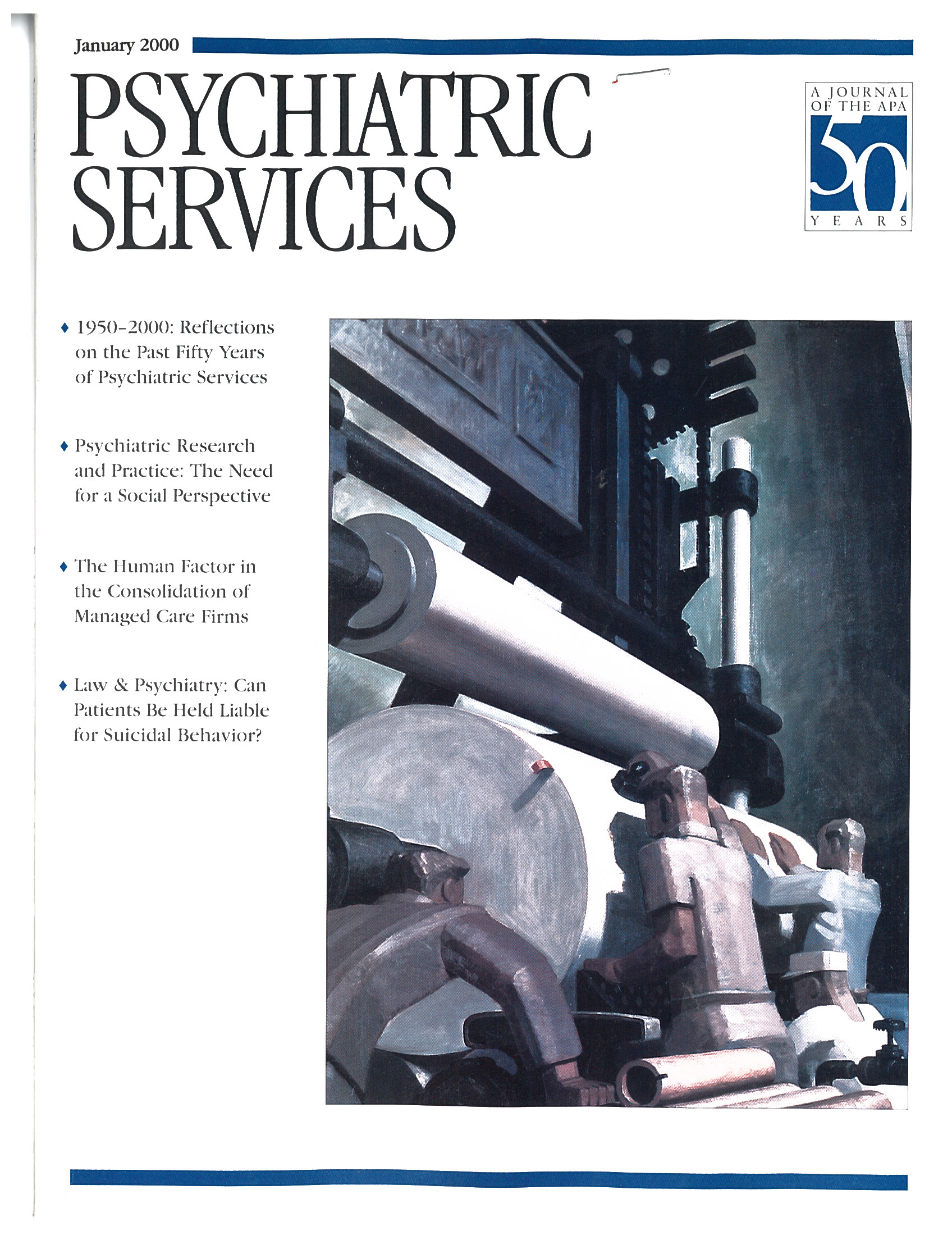Dr. Peter Lomas, author of Personal Disorder and Family Life, is a distinguished psychiatrist who trained at the Institute of Psychoanalysis in London. He tells us that "I have stopped calling myself a psychoanalyst…. I now feel uncomfortable with Freud's system of thought, technique of therapy, specialised language, and an air of certainty."
Lomas is, in fact, a psychoanalytic revisionist who is strongly influenced by the "British independent group," or object relations school—notably Winnicott, Balint, Bowlby, Rycroft, and Marion Milner, all of whom, he writes, "had edged away from Freud's instinct theory and opened up a fertile ground for the study of interpersonal relations."
The book actually is a compilation of the author's early papers. Except for chapter 13, which is a republished 1978 paper, chapters 2 through 15 were first published between 1961 and 1969, mostly in British psychoanalytic or psychiatric journals. Only the introduction and chapters 16 and 17 are "new," although chapter 17 was based on a paper read to the Severnside Society for Psychotherapy in 1993.
The work is a revisionist psychoanalytic interpretation of family relationships, with an emphasis on childbirth. Chapters 6 through 13 all focus on childbirth and its psychological exigencies, the author says.
The work should be of interest to psychotherapists whose interest is in the psychoanalytic or in the revisionist-analytic view of childbirth and of the family.
In Therapy With Troubled Teenagers, Dr. Bob Bertolino's aim is to "offer a possibility therapy approach that is collaborative, strength- and resource-focused, respectful, and generally brief." Rather than focus on what is "wrong" with the patient, or the psychopathology, his aim is to focus on what is "right"—that is, the patient's strengths and resources—that the therapist can engage, to help the patient overcome difficulties. He endorses the view, expounded earlier by others, that "similarities rather than differences between therapy models account for most of the change that clients experience in treatment."
For his first chapter, Bertolino describes ten assumptions that are basic to most major therapy approaches, and he builds his model around those assumptions. The major influences on his work appear to derive from Milton Erickson, and from his friend and colleague Bill O'Hanlon, who wrote the foreword to the book. The approach he develops is intensely pragmatic, individual-patient focused, and creative; the reader has the impression of reading a book written by a highly gifted therapist. Clinical examples abound, and the next-to-last chapter is a case study (on "'Richard") in which Bertolino attempts to bring into focus the ideas and principles he developed earlier in the book.
That being said, I do not find the book an easy read. It seems to want organization and focus. The chapters do not seem to follow each other, and the third chapter could just as easily have been the fourth, sixth, or seventh. The organization within the chapters is no better; paragraphs and sections seem to follow each other in no easily discernible or logical sequence. I found the lack of organization and structure to be a most distracting irritant in what would otherwise be a notable piece of work.
Re-Visioning Family Therapy is an edited work of 31 essays by different authors. Its focus is on a health delivery system that the authors view as perpetuating social injustice. I can best communicate its aim, essence, and flavor by quoting from the introduction by the editor, Dr. Monica McGoldrick: "Family therapy was (and often still is) White male family therapy—invented by White men, whose theories implicitly defined 'family' to mean an intact, middle-class, heterosexual, White family, organized with the man as head of the household and the woman as primary caretaker of all family relationships…. Within this traditionalist lens, neither racism (except in the cases of Minuchin, Auerswald, and a few others) nor sexism was considered as relevant in understanding systems. Problems were formulated and assessed according to unquestioned White male definitions (the DSM categories)."
Further on, in her discussion of DSM, McGoldrick states, "Families of color, families of the poor, and immigrant families, whose norms and values are different from those within our naming scheme, remain peripheralized, invalidated, and pathologized as deficient or dysfunctional—or worse, invisible within our society."
This is an anti-establishment book, a book that views the establishment as white, male, middle-class, and, presumably, senior—all of them categories, I must in fairness reveal, to which I belong. In this view, the establishment excludes women, minorities, gays and lesbians, those who are foreign born, the poor, and, presumably, the less senior from its ranks, so that these people have no place in the definition of family therapy. Professionals who work with these groups must, therefore, establish their own diagnostic systems and professional practices.
The chapters are, obviously, not all of a piece, and I cannot discuss each of them in turn. Some, like the introduction, carry a message with clear political overtones, and others do not at all; some chapters are militant in tone, and others not at all. In general, what they have is common is the aim of "re-visioning" family therapy so as to establish theory and practice that will recognize and give a place to those McGoldrick views as unempowered, or as "invisible."
On the whole, Re-Visioning Family Therapy is carefully edited, the chapters well written, and the messages thoughtful and thought provoking. The book will annoy some and please others, but it sends messages that deserve a hearing. I recommend it as reading for all mental health professionals.

